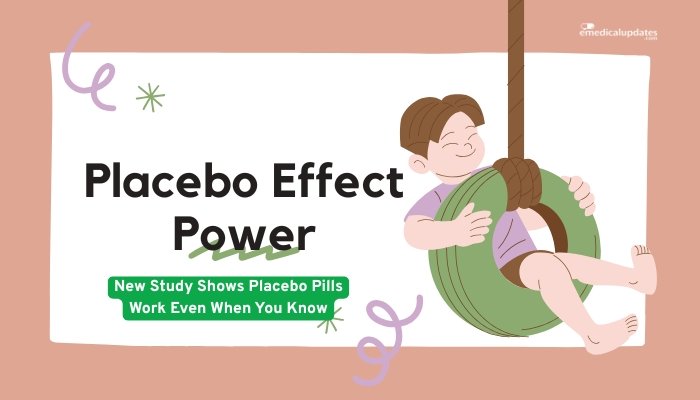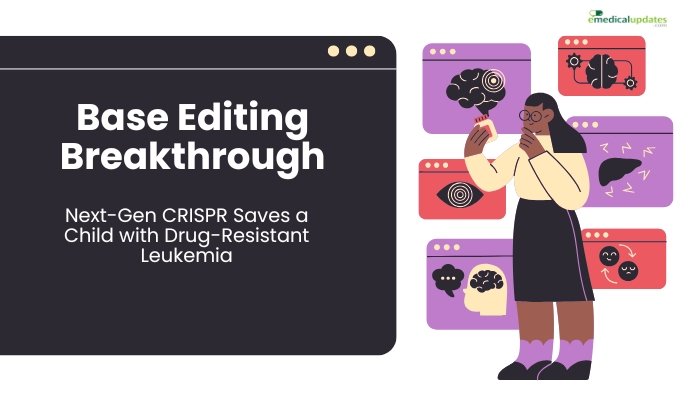Introduction
The placebo effect is often described as improvements in a patient’s condition due to their belief in a treatment’s efficacy—despite the treatment containing no active drug.
Traditionally, doctors and researchers assumed that concealing the pill’s inert nature was critical to achieving any benefit. However, new research upends that assumption by showing open-label placebos—pills clearly described as “placebos”—can still produce meaningful relief from symptoms. This discovery underscores the powerful role of mind-body interactions in health and healing.

What Is an “Open-Label” Placebo?
An open-label placebo is a pill or treatment explicitly identified to patients as having no active medicinal ingredient. Typically, placebos rely on deception or participant blinding, but this approach removes any element of concealment. Patients swallow the pill knowing it’s chemically inert, yet still experience clinical improvements—indicating that ritual, expectation, and psychological factors exert significant influence on symptom perception.
Key Findings from the New Study
Recent trials in conditions like chronic pain, irritable bowel syndrome (IBS), and migraine show:
- Symptom Relief: Participants taking open-label placebos reported lower pain scores or reduced distress, sometimes equaling the response from conventional placebos used in blinded studies.
- Compliance: Knowing the pill was “inactive” did not discourage usage; many participants adhered to the regimen.
- Sustained Effects: For some, benefits continued beyond the study period, suggesting ongoing psychological or physiological shifts.
Possible Explanations
Researchers propose that open-label placebos might work by:
- Positive Expectation: Even if a pill is “just sugar,” the act of taking it may foster hope or mental preparedness for relief.
- Conditioned Response: Past experiences with medication-taking rituals can trigger physical responses (e.g., endorphin release) independent of drug chemistry.
- Mind-Body Connection: Engaging the body’s innate healing processes through belief, routine, or the “care effect.”
Clinical and Ethical Implications
- Alternative Option: For patients with mild or psychosomatic symptoms, open-label placebos may offer a harmless route to relief—minus side effects or medication costs.
- Trust and Transparency: The approach preserves honesty. Physicians can present it as a real therapy, but with an “active ingredient” being the psychological and physiological synergy.
- Patient Empowerment: Encouraging patients to harness their own healing capacities, possibly with fewer concerns around deception.
Limitations and Future Directions
- Not a Universal Replacement: Open-label placebos don’t cure underlying conditions, especially not severe illnesses requiring active medication.
- Diversity of Conditions: The phenomenon appears strongest in subjective symptom-driven disorders like pain, stress, or IBS; more data is needed for other conditions.
- Duration of Effect: Whether benefits persist long-term remains under study, and factors like patient mindset, condition severity, and clinical setting likely matter.
Frequently Asked Questions
- Does this mean placebos can replace real drugs?
- No. While open-label placebos can offer symptomatic relief, they’re not a substitute for medically necessary active treatments for serious conditions.
- How do I ask my doctor about open-label placebos?
- You can express interest in mind-body approaches or mention the latest studies. However, availability depends on your physician’s practice or local guidelines.
- Could open-label placebos work if I’m highly skeptical?
- Some participants who were skeptical still experienced improvements, suggesting that part of the effect stems from the act and ritual of taking a “treatment.”
- Are they safe?
- Generally, yes, open-label placebos carry no chemical risks. The main caution is ensuring patients with real medical issues also receive proper active care.
- Is this effect purely psychological?
- The distinction between “psychological” and “physical” is blurry. The mind can produce measurable physiological changes. So while there’s no drug molecule at work, the body’s response is real.
Conclusion
New findings demonstrating that open-label placebos can yield real symptom relief highlight the potency of mind-body interactions and patient expectations. By removing the need for deception, these “honest placebos” could serve as a valuable adjunct in treating certain conditions—especially those involving pain or stress. Though not a replacement for medication or therapy where needed, these results remind us that healing often relies on complex interplay between belief, biology, and the rituals of care. Future research will determine whether, and how, clinicians can best deploy open-label placebos for broader patient benefit.
References
-
Kaptchuk TJ, et al. (2010). “Placebos without deception: a randomized controlled trial in IBS.” PLoS ONE.
-
Carvalho C, et al. (2016). “Open-label placebo treatment in chronic low back pain.” Pain.
-
Charlesworth JEG, et al. (2017). “The effects of placebos without deception compared with no treatment.” Cochrane Database Syst Rev.

